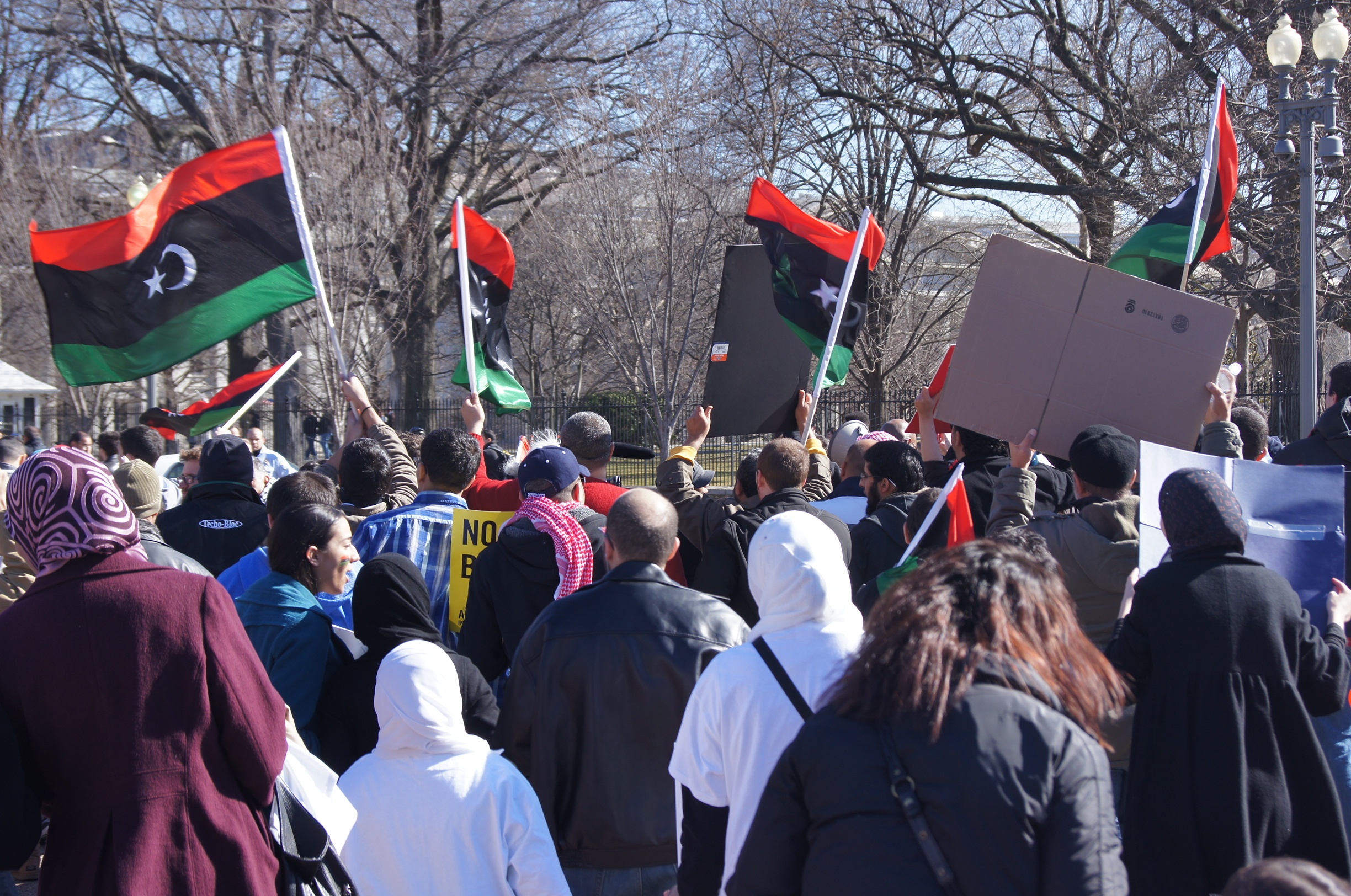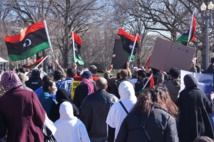According to the National Oil Corporation (NOC), this amount includes cessation of production at 75 separate deposits and the unstable situation leading to the disruption of supplies in the ports of shipment.
"The country's economy is in a very difficult situation - says Mustafa Sanalla, head of the state company NOC, in an interview with the Financial Times. - The relationship between the two governments is really very bad, and this is reflected in the oil industry."
Local protests, problems with infrastructure and ISIL militant attacks also had a negative impact on the country’s oil industry, said Sanalla.
A drop in oil prices by 75% since mid-2014 means that the flow of oil, which Libya managed to export, brought a smaller amount of income.
The crush of the Libyan oil industry, which is the mainstay of its economy, destroyed the country’s financial system. Mohammed El-Qorchi, head of the International Monetary Fund (IMF)’s mission to the country, said that the budget deficit amounted to 54% of GDP last year - "one of the highest in the world."
Meanwhile, according to Economist Intelligence Unit’s forecast, Libya's economy will be the most fast-shrinking economy in the world in 2016, ahead of even Syria, leave alone countries such as Venezuela and Equatorial Guinea.
The civil war in Libya formed two governments: one is supported and recognized by the international community and is based in the city of Tubruk in the east, and the second is the Islamist government, located in Tripoli, where also headquarters NOC.
Although the two factions proceed to fight for control over the oil revenues, energy companies and traders adhere to terms of contracts concluded with the Tripoli-based NOC, which remains one of the few existing institutions.
In addition, ISIL militants are destroying the oil industry and causing irreparable damage. However, Sanalla notes that the Petroleum Facilities Guard - armed forces, which are designed to protect energy infrastructure - are a major obstacle to work.
Speaking about the problems faced by the country's oil industry, Sanalla gives the following example: he sent a tanker with oil to an oil storage tank located at the port of Ras Lanuf in order to avoid ISIL attacks,. However, PFG has not given permission, and this week the oil was burned.
Oil production in the country fell to 362 th. barrels per day – this is just 20% of the 2011’s level. Two-thirds of this volume is exported.
As the conflict between the warring parties is growing, the fear that ISIL gunmen will strengthen control over energy facilities also runs high.
The government recognized by the international community believe that the new government has now one job to do. By this, they mean increased oil production to 1.3 million barrels per day. At that, the main obstacle to this is the conflict between the two sides.
source: ft.com
"The country's economy is in a very difficult situation - says Mustafa Sanalla, head of the state company NOC, in an interview with the Financial Times. - The relationship between the two governments is really very bad, and this is reflected in the oil industry."
Local protests, problems with infrastructure and ISIL militant attacks also had a negative impact on the country’s oil industry, said Sanalla.
A drop in oil prices by 75% since mid-2014 means that the flow of oil, which Libya managed to export, brought a smaller amount of income.
The crush of the Libyan oil industry, which is the mainstay of its economy, destroyed the country’s financial system. Mohammed El-Qorchi, head of the International Monetary Fund (IMF)’s mission to the country, said that the budget deficit amounted to 54% of GDP last year - "one of the highest in the world."
Meanwhile, according to Economist Intelligence Unit’s forecast, Libya's economy will be the most fast-shrinking economy in the world in 2016, ahead of even Syria, leave alone countries such as Venezuela and Equatorial Guinea.
The civil war in Libya formed two governments: one is supported and recognized by the international community and is based in the city of Tubruk in the east, and the second is the Islamist government, located in Tripoli, where also headquarters NOC.
Although the two factions proceed to fight for control over the oil revenues, energy companies and traders adhere to terms of contracts concluded with the Tripoli-based NOC, which remains one of the few existing institutions.
In addition, ISIL militants are destroying the oil industry and causing irreparable damage. However, Sanalla notes that the Petroleum Facilities Guard - armed forces, which are designed to protect energy infrastructure - are a major obstacle to work.
Speaking about the problems faced by the country's oil industry, Sanalla gives the following example: he sent a tanker with oil to an oil storage tank located at the port of Ras Lanuf in order to avoid ISIL attacks,. However, PFG has not given permission, and this week the oil was burned.
Oil production in the country fell to 362 th. barrels per day – this is just 20% of the 2011’s level. Two-thirds of this volume is exported.
As the conflict between the warring parties is growing, the fear that ISIL gunmen will strengthen control over energy facilities also runs high.
The government recognized by the international community believe that the new government has now one job to do. By this, they mean increased oil production to 1.3 million barrels per day. At that, the main obstacle to this is the conflict between the two sides.
source: ft.com



















